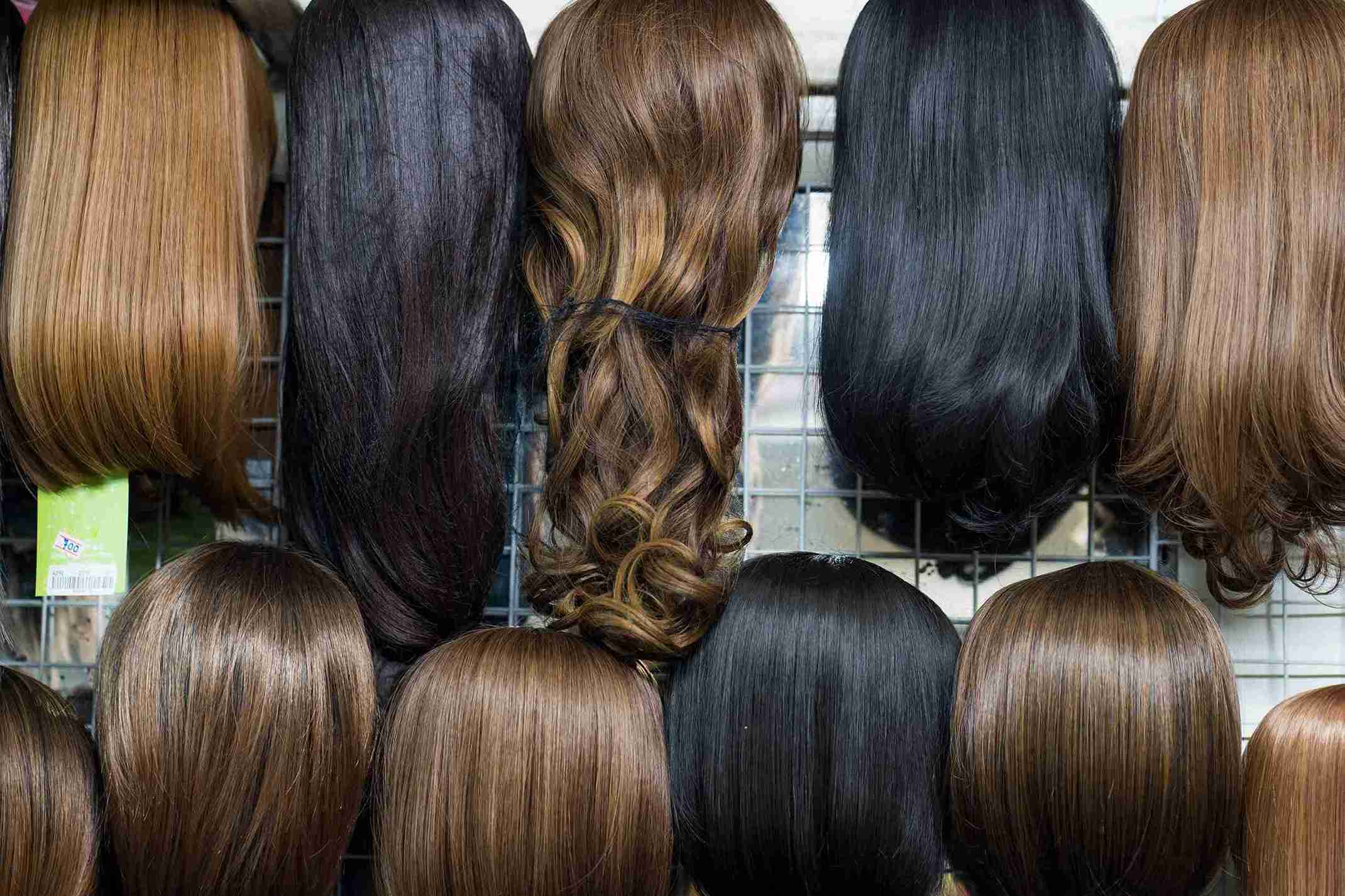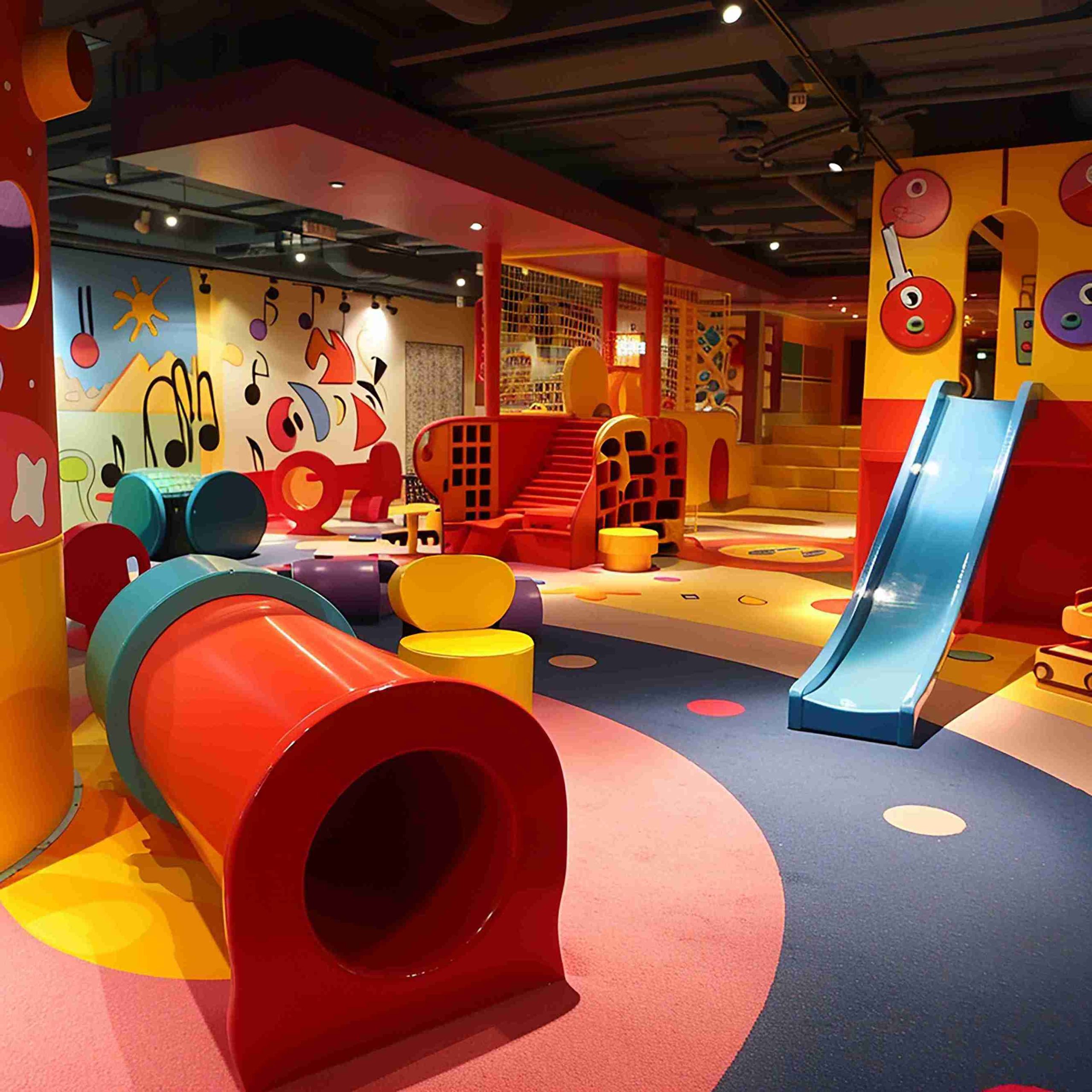The automotive design is experiencing a golden age where the aesthetics, functionality and innovativeness meet in modern automotive design. The cars of today are no longer considered based on the performance of the engine but on the smart integration, customizing the car and the innovative visual appeal. The factory floor to the street, precision-engineered parts and dynamic surface materials are reinventing the way vehicles are designed and brought into being.
At the core of this transformation are two essential technologies: automotive electronic mold accessories, which enable the precise manufacturing of complex electronic parts, and TPU color changing car film, a revolutionary wrap material that changes color with temperature or light. Combined, these innovations enable car manufacturers and enthusiasts to design cars that are more intelligent, efficient and that have a striking appearance.
This article discusses the role of these technologies in defining the future of car design- in terms of engineering precision to artistic expression.
Automotive Electronic Mold Accessories: Enhancing Precision in Manufacturing
In the current competitive automotive industry, the tiniest part may become a huge difference. Electronic mold accessories are used in the production of automotive electronics and are part and parcel of the manufacturing process of vehicle electronics, allowing the production of accurate, stable, and high-performance parts. These mold accessories are ejector pins, cooling systems, sliders, lifters and insert components which are very essential in shaping the complicated electronic housings and modules.
Further, high-quality mold accessories have a direct influence on the durability and functionality of automotive electronic parts. Electronic housings made poorly may cause overheating, misalignment or electrical breakdown. Precision mold technology assists in avoiding these challenges, and all electronic modules have the capability of satisfying rugged automotive environments.
With the development of electric cars and self-driving cars, the use of automotive electronic mold accessories will simply continue to grow. They are the unseen skeleton of the new car electronics- enabling innovation to be done inside out.
TPU Color Changing Car Film: The Science Behind Dynamic Vehicle Wraps
What would happen if your car would change color according to weather or time of day? Thanks to TPU color changing car film, that futuristic concept is now a reality. TPU (thermoplastic polyurethane) films are wrap materials with high performance and protective and aesthetic advantages. Together with photochromic or thermochromic pigments, such films can change color dynamically with sunlight or temperature changes.
The technology here is that there are special pigments incorporated in the TPU layer. Photochromic films respond to UV rays- becoming darker or changing color in the sunlight and reverting to the original color in a dark room. Thermochromic films are heat sensitive and give spectacular results on cold mornings or engine heat.

TPU films are exceptionally durable in addition to being aesthetically pleasing. They give a self-healing surface that heals itself after minor scratches, protect against chemical corrosion and protect factory paint against UV damage. This two-fold capability, protection and transformation, has made color-changing car films a favorite of car enthusiasts, high-end detail shops and even original equipment manufacturers (OEMs) considering customizable trim.
Installation is another key benefit. These wraps are flexible, conform well to curves, and can be removed or replaced without damaging the original paintwork. This opens up a realm of possibilities for those who want to personalize their vehicle without permanent alterations.
Integrating Mold Accessories and Film Technology for Custom Automotive Solutions:
By integrating automotive electronic mold accessories with cutting-edge technologies like TPU color changing car film, manufacturers can deliver both internal reliability and external flair.
Consider a smart dashboard module, as an example. The housing of this electronic component is produced by precision mold components that guarantee clean contours and sound internal fits of circuit boards. And now consider that internal perfection combined with an outer skin covered in temperature sensitive film that changes between metallic blue and matte grey in hot weather. The outcome is an intelligent car on the inside and a dynamic car on the outside.
This is also an effective combination that helps in effective production pipelines. Mold accessories facilitate mass customization because they manufacture modular electronic components that could be customized to fit different models. At the same time, visual differentiation is possible with color-changing wraps, which do not change the underlying manufacturing process.
Moreover, the two technologies facilitate the aftermarket industries. The car owners can change the old trim parts that have been made using molded electronics or even seasonally restyle the cars using the removable TPU wraps.
Trends in Automotive Aesthetics and Functional Upgrades:
Car design has always been a reflection of cultural values, freedom, status, technology, but current trends are moving towards personalization, sustainability and interactivity. As these values evolve, both automotive electronic mold accessories and TPU color changing car films are at the forefront of the movement.
Electronic integration is growing at a very fast rate in terms of functionality. All of the adaptive lighting, digital climate controls, and more are based on high-precision compact electronic modules. There has never been a greater need in the industry of efficient, lightweight, and durable electronic enclosures, and the mold accessory innovation is keeping up with the times.
In terms of aesthetics, people are becoming more interested in cars that are unique to them. Rather than spending a lot of money on paint jobs, people are resorting to films and wraps. The color-changing wraps are particularly attractive to younger and tech-savvy customers who love new things and creativity. With this technology, it can be seasonal themes, branding by the company or even coloring the car depending on the mood.
And there is a powerful environmental undertone. The TPU films as well as electronic mold parts minimize wastes by being reusable, recyclable, and by producing low defects. Such solutions are in line with the wider trends of green in the automotive industry.
Conclusion:
As the automotive landscape continues to shift toward smarter, more personalized solutions, innovations like automotive electronic mold accessories and TPU color changing car film are setting new benchmarks. These technologies demonstrate that performance and personalization are no longer in their own worlds now they are connected in one design philosophy.
Mold accessories guarantee the accuracy and consistency required in complex electronic systems and the TPU films enable the vehicle exteriors to serve as a canvas to creativity and expression. The two, when combined, are a perfect demonstration of how form and function can change together.
Whether it is factory assembly lines or post-market customization, these advances are not merely making the manufacturing of cars more efficient, but they are redefining the experience of cars.
Over the next few years, with customization being positioned as a fundamental consumer expectation, these technologies will be at the center of defining the future of automotive design, where each ride will be as individual and intelligent as its driver.




